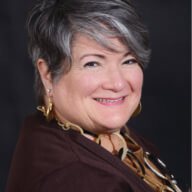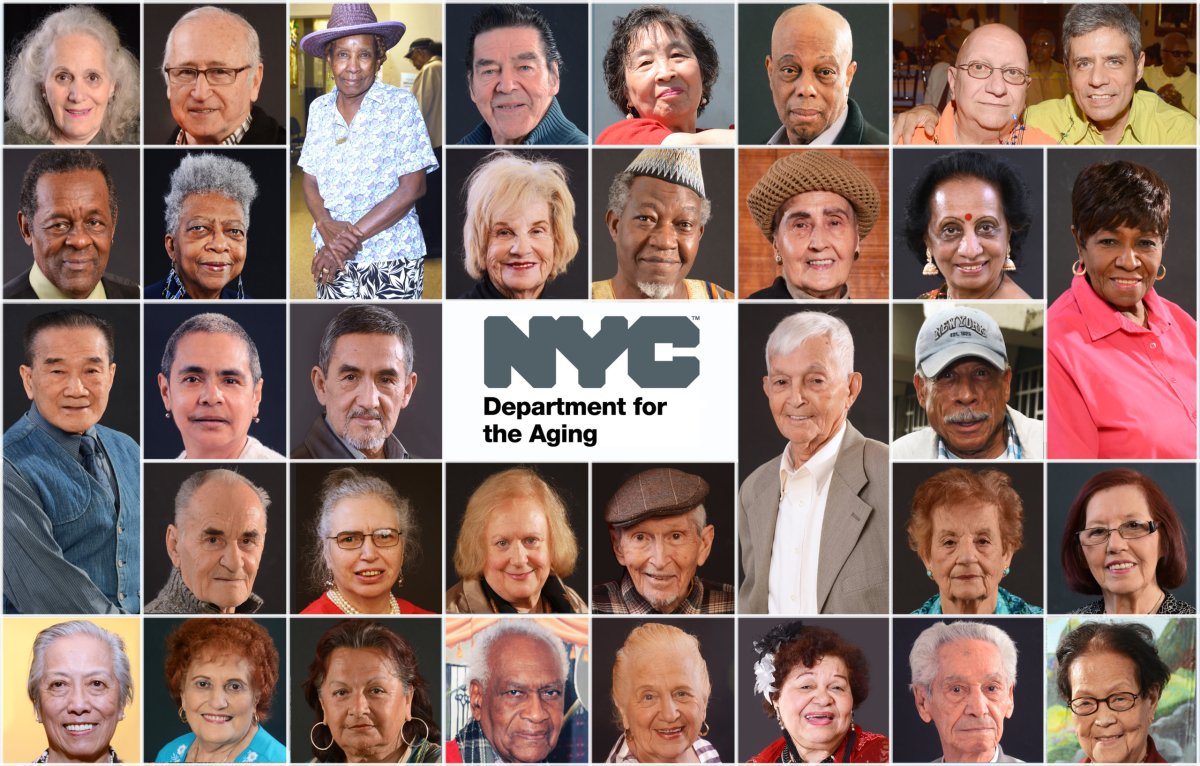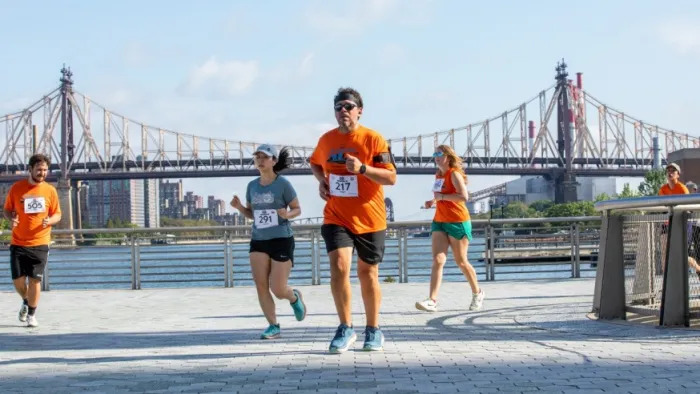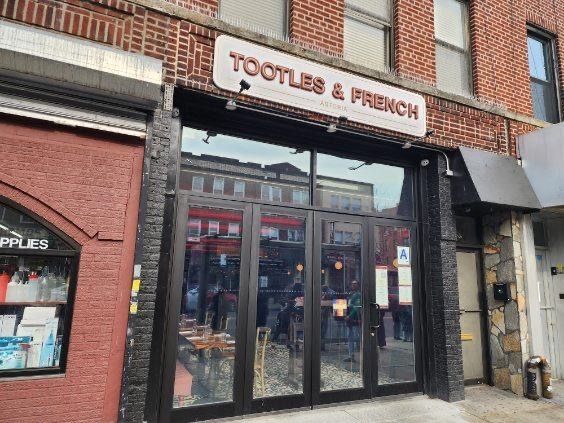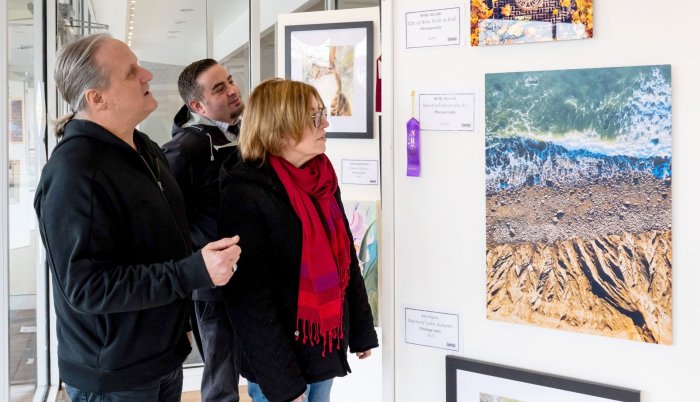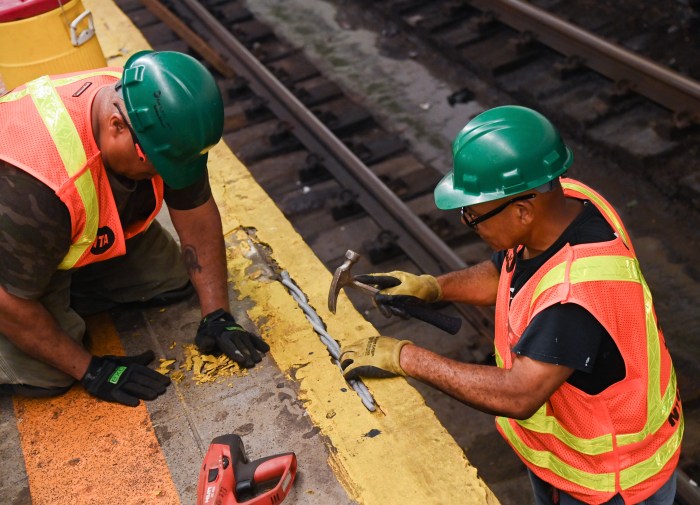BY LORRAINE CORTÉS-VÁZQUEZ, NYC DEPARTMENT FOR THE AGING COMMISSIONER
The holiday season is here, and 2020 is drawing to a close. I look back and reflect on a very difficult year for this City, but as is typical with New Yorkers, a crisis made us rise up and come together.
Our mission has always been to serve older New Yorkers and provide them with the services they need to age in place and live with dignity and purpose. This year, we worked harder than ever to ensure COVID- 19 would not affect the delivery of critical services we provide and launched new, innovative programs to help older adults.
The first major accomplishment of the year was launching our in-house contact center Aging Connect in February. When the pandemic hit, Aging Connect staff took calls from concerned older adults and connected them with available City resources and services. To date, Aging Connect staff have helped more than 70,000 callers. And they continue to help at 212-Aging-NYC.
From the start of our COVID-19 response, our top priorities were food provision and limiting social isolation. The closure of in-person activities at senior centers meant thousands of older New Yorkers no longer had a place to socialize or get a hot meal.
In March, the Department for the Aging worked with private vendors to quickly transition to a meal delivery system. From mid-March to April, we delivered more than 1.2 million meals to older adults. As demand for emergency meals grew for older New Yorkers and other vulnerable populations, our meal service was merged with the City’s emergency meal program, GetFoodNYC. Those in need can still enroll at nyc.gov/getfood.
Meanwhile, to limit social isolation our senior center network quickly transitioned in-person programs to programs done over the phone and virtually. These virtual programs include fitness classes like yoga and Zumba, arts & crafts, music workshops and much more. Providing these programs have helped older New Yorkers stay active, socialize, and see their senior center friends online. Currently, more than 170 senior centers are offering virtual programs and have had more than 78,000 attendees.
Senior center staff have also been regularly calling older adult clients to check-in. Since March, provider staff have made more than 2.4 million case management, social engagement, and wellness calls, reaching more than 170,000 older New Yorkers.
Other initiatives to limit social isolation included launching a social isolation PSA campaign that featured Broadway star Lin-Manuel Miranda. In the radio PSA, Miranda asked New Yorkers to volunteer for Friendly Visiting, an initiative that matches volunteers with traditional homebound older adults and is designed to limit social isolation. The campaign was successful. In a month, more than 400 New Yorkers signed up to volunteer!
Building on that success, we launched Friendly VOICES in October. It’s modeled after the Friendly Visiting program but is available to all older New Yorkers facing social isolation. Older New Yorkers wishing to participate can call Aging Connect.
We also worked with fellow city agencies to provide important tools and services. In late Spring, the City delivered 10,000 free Wi-Fi-equipped tablets to older New York City Housing Authority (NYCHA) residents. We worked with partners to provide a user manual and online courses to tablet recipients.
In the summer, to help older New Yorkers stay cool at home, we worked with other City agencies in the GetCool program, which distributed 75,000 free air conditioners to low-income older adults.
And our work is not over yet. COVID-19 continues to be a health threat. Recently, the City’s Health Department issued guidance asking older New Yorkers to stay home. This guidance comes at a time of festivities, in which we want to visit and celebrate with friends and family. But, we must remember that this virus is very aggressive. It’s important not to let our guard down. Practice safe distancing, wear a mask and for older New Yorkers, stay home as much as possible.
This year forced us to rethink how we deliver services, but it also confirmed that the work we do is vital. Looking forward, we are taking the lessons learned from this crisis and using them to reimagine our older adult centers to be more flexible and adaptable, and better serve our older adults. We will also continue combatting ageism and plan to launch an anti-ageism campaign in early 2021.
It has been a privilege to serve older New Yorkers, and I look forward to the coming year to do even more. Happy Holidays and best wishes for the New Year.
